Train Conductor World is a puzzle game that capitalizes on the roaring popularity of train simulation games. Like many puzzle games, the gameplay is consistent and repetitive, yet the increasing difficulty keeps it fun and addictive.
There are two core parts of Train Conductor World: the lane-based puzzles and the map. In this guide, I’ll be filling you in on a few tips and strategies that can help you be the best you can be at both of them.
Use all of your lanes
The tutorial at the start of Train Conductor World makes it seem as simple as dragging a train on lane #1 to lane #3 because the train on lane #1 is labeled for lane #3. What it doesn’t tell you is that you aren’t penalized in any way for temporarily pulling that train to lane #2 and then lane #3.
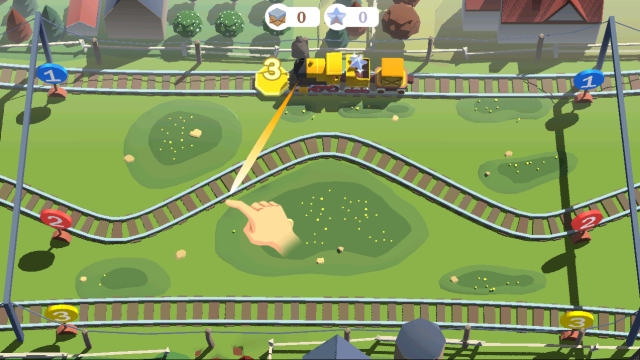
This strategy allows you to use your screen space optimally when things are getting hectic. As you progress, you’ll find yourself in situations where you simply can’t make straightforward connections to and from where the trains are destined to. Using all of your lanes is important.
Stopping is always better than crashing
Train Conductor World teaches you early that racking up stars through allowing your trains to flow without constantly stopping them is an important strategy. And it is — but it’s not required and it’s always conditional. It’s better to be safe than to be greedy!
Getting into a crash means you’re going to lose your run unless you watch one of those obnoxious advertisement videos. It’s worth it to sacrifice having a high score over not having a score at all. However, you don’t actually want to do the traditional “stop” method that the tutorial teaches you…
The stopping “cheat”
Rather than tapping on the train you want to stop, hold your finger on it. This will completely stop the train without losing any of your stars. I don’t know why this functionality exists or if it’s ever going to be patched, but I highly recommend that you make use of it while it’s at your disposal!
Vertical lane connections are optimal
Things begin to get a bit crazy when you have to consider both forward and vertical movement in game. By making your lane connections as vertical as possible, you should be able to more easily gauge which trains you’ll need to stop or slow down to save yourself from a collision.
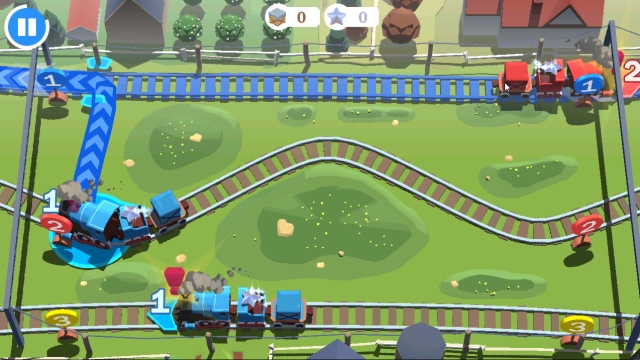
Based on where you begin dragging your lane train from, you won’t always be able to make a straight 12-o’clock connection. Anything past a 1-o’clock angle begins to get a little sketchy. With more practice, you’ll master this.
Prioritize those objectives
You’ll often see flashing icons of the faces of characters that you meet up with throughout your Train Conductor World adventure. These icons represent objectives in the respective city.

Tapping the objective will bring up the objective view, shown above. As you can see, I had an objective in Bruges that required me to deliver 20 trains. The reward for this objective is 50 coins.
Objectives don’t disappear if you fail to complete them on your first try, so it’s a no-risk deal. Do them! They are extremely efficient if you’re looking to generate coins, and they’re Train Conductor World‘s equivalent to quests. You’re not experiencing the full game unless you try them out.
Make use of Rotterdam
Rotterdam is a special city in game because it’s going to make you bank without you having to do anything more than check up on it every 2 hours and 30 minutes. Opening the app and collecting your coins is all you have to do. However, Rotterdam will fill up with cargo trains even faster when you connect more cities to it by using your track tiles.
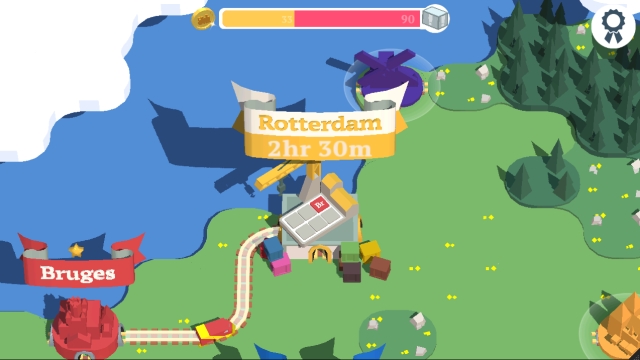
As you progress in the game, remember to connect your cities through Rotterdam. Think of it as the center of your map.
Optimize your tracks by recycling tiles
You’re going to reach a point in Train Conductor World where you’ve made multiple connections to and from each city that will render the ones that were made earlier obsolete.
As aforementioned, Rotterdam is your early key city. Try to connect as many cities to it as possible through track tiles. After Bruges is connected, work on getting Mons connected to it next. At that point, the tracks you used to connect Mons to Bruges are obsolete. Mons and Bruges no longer need to be connected since both are connected to Rotterdam. You can reuse those tiles to make a more efficient map.
Read over these tips, and after a few hours of gameplay they should develop as a habit. Train Conductor World isn’t the hardest game out there once these strategies become instinct!
Leave me a comment below if you have any suggestions or other difficulties with the game.

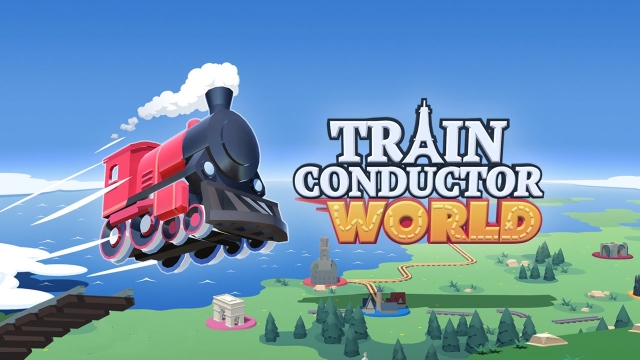



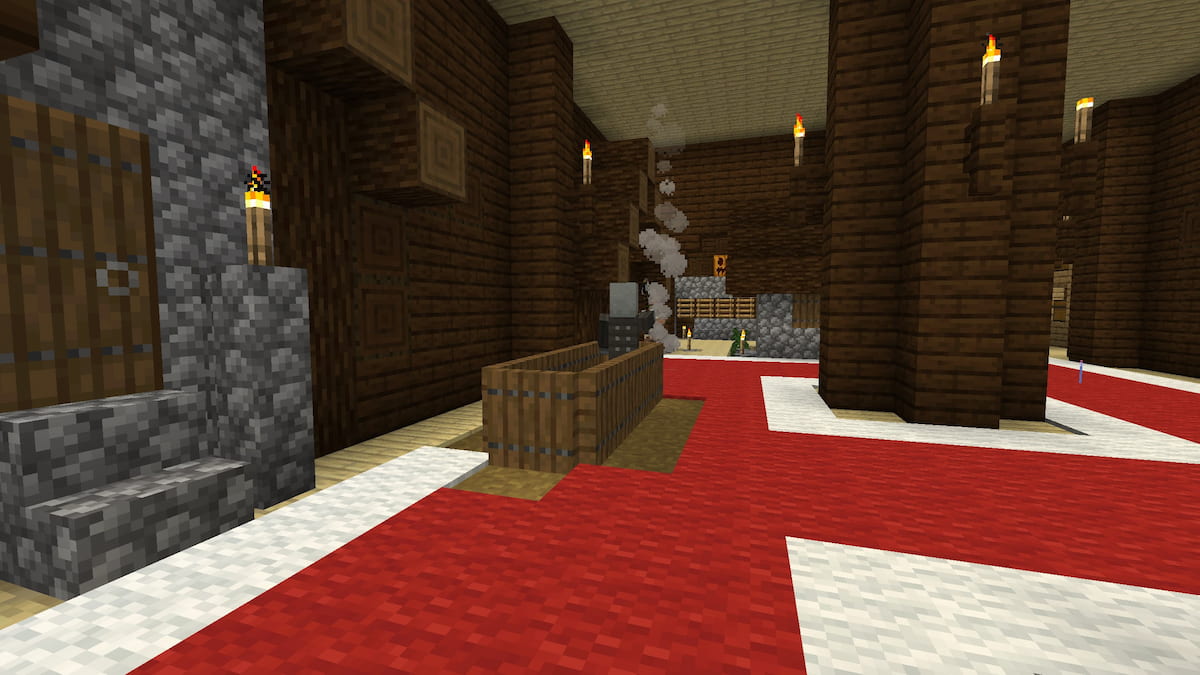
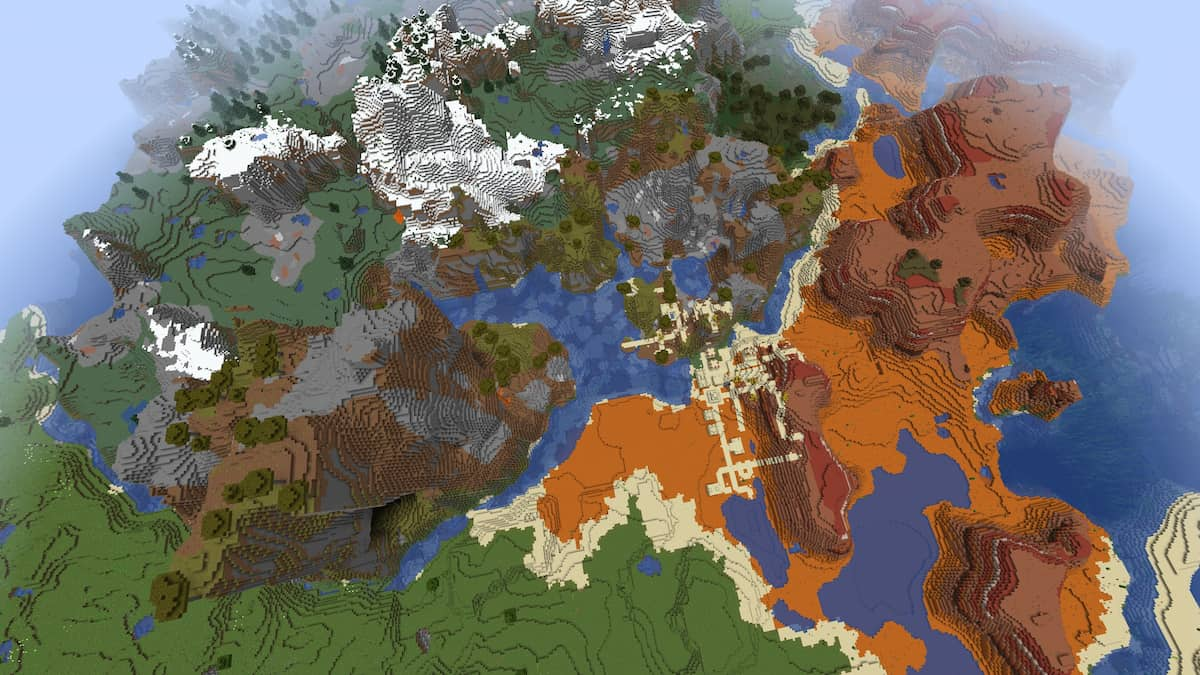
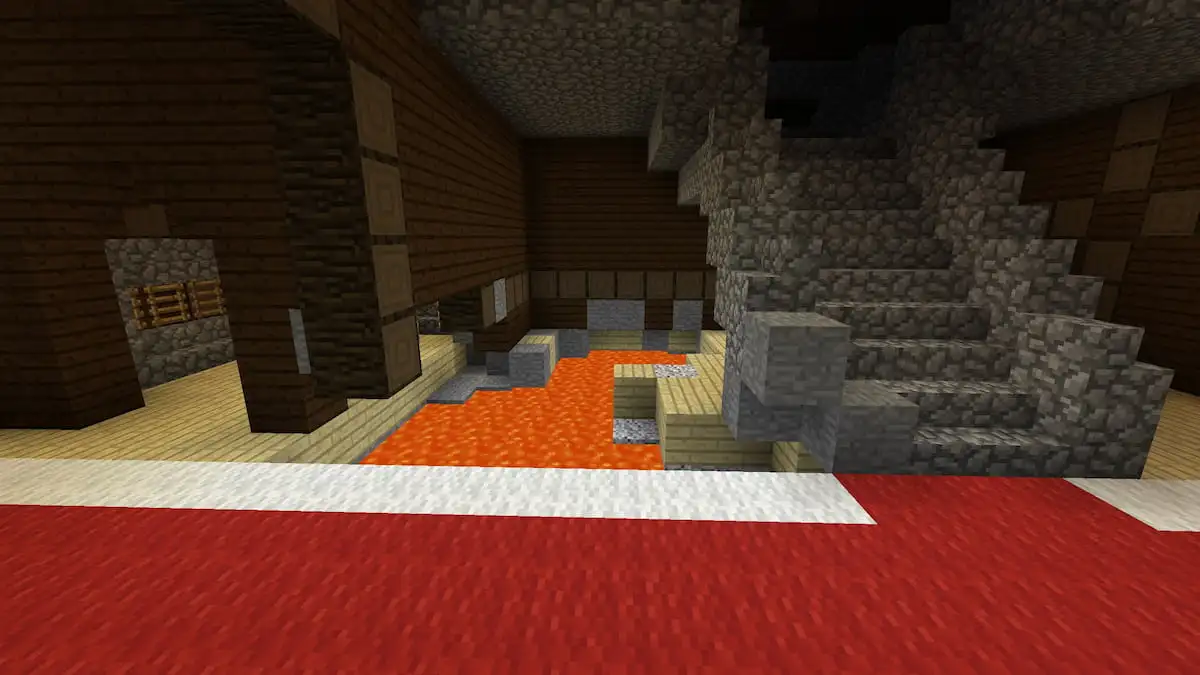
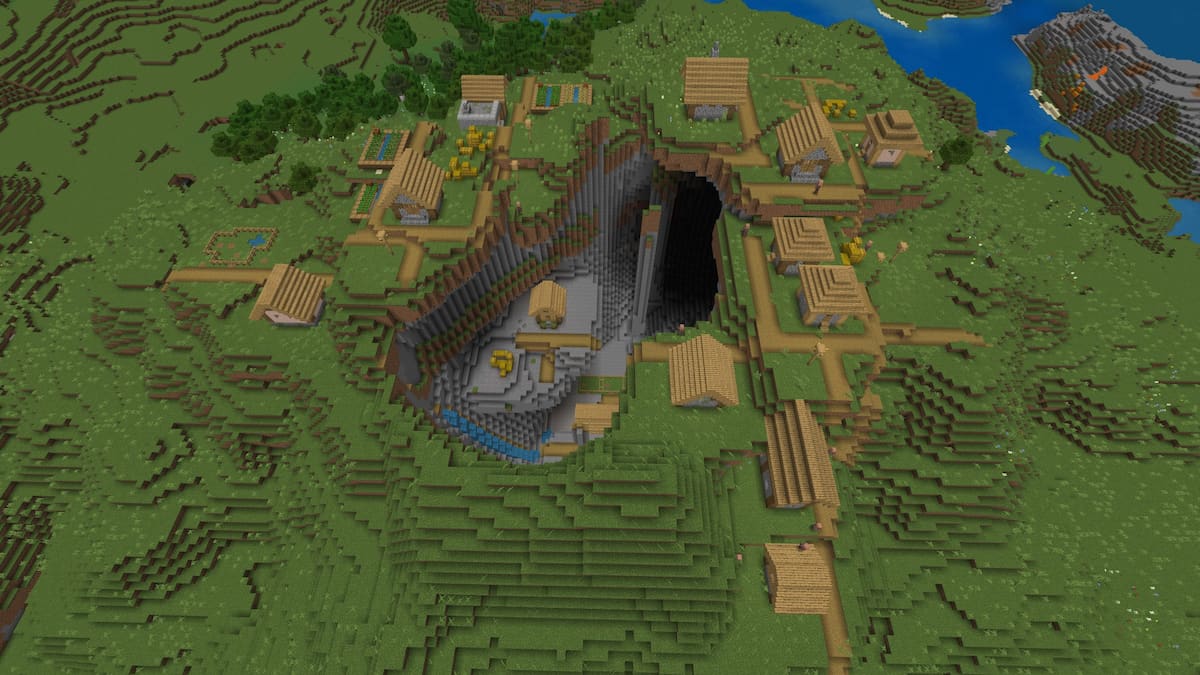
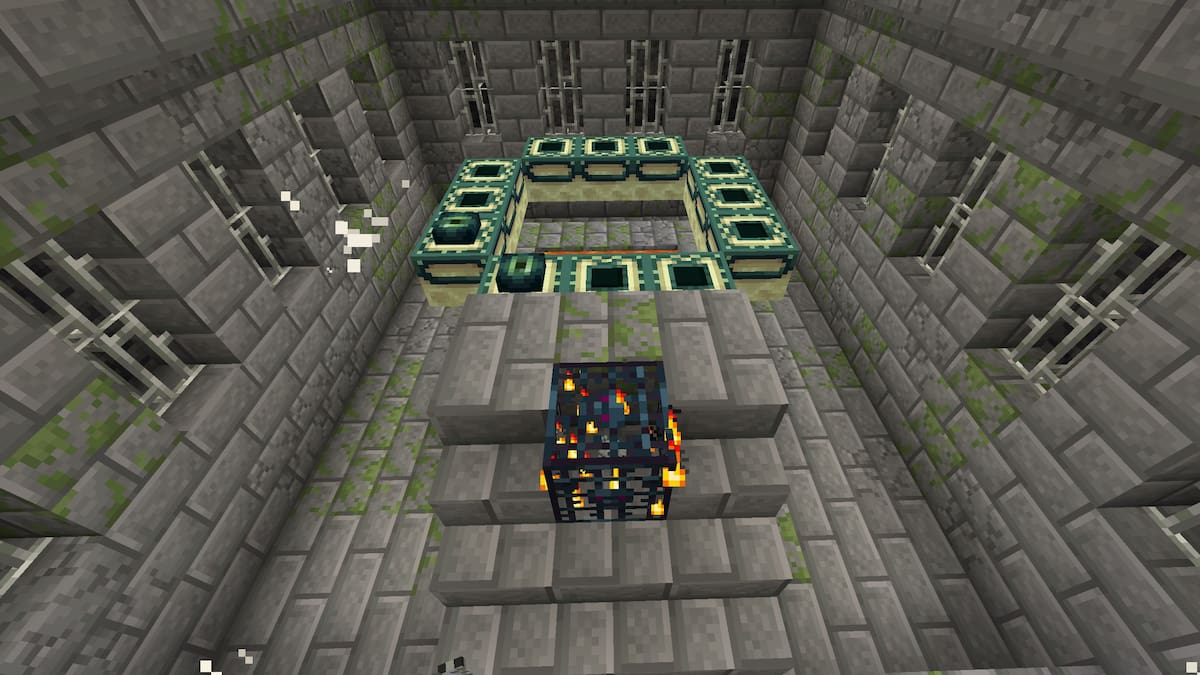
Published: Sep 16, 2016 05:18 am